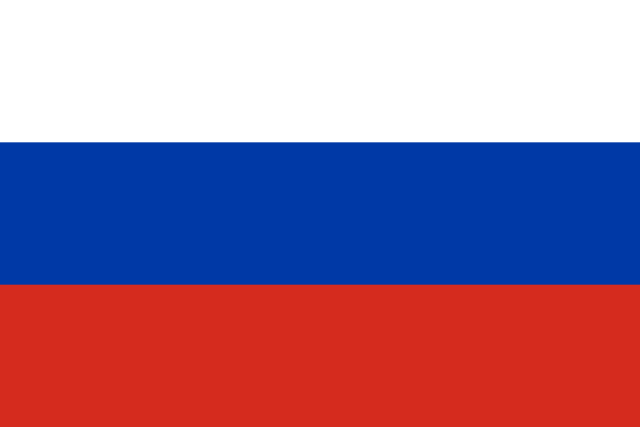SMS Regulations
Why Regulations Matter
To guarantee message delivery and maintain legal compliance, all businesses—local or international—must follow national telecom regulations for SMS. This involves registering Sender IDs, securing opt-in consent, and adhering to permitted hours for promotional messages.
Local SMS Regulations
SMS Regulations for Local Companies
- For National SMS without indicating the traffic type.
- The alphanumeric Sender ID must display the company name, VAT number, and be up to 11 Latin characters long.
- Sender IDs must be registered in advance with Beeline, MTS, Tele2, and Megafon. Requests submitted by the 15th of each month are activated on the 1st of the following month.
- For Megafon, Sender IDs can be activated the same day if all requirements are met and procedures are completed by noon local time.
- For MTS, agreement between end customer and MTS is mandatory where MTS will be represented by D7 Networks.
International SMS Regulations
SMS Regulations
for International Companies
Alphanumeric Sender ID needs to be registered.
Sender IDs must be registered in advance with Tele2 and Megafon. Requests submitted by the 15th of each month are activated on the 1st of the following month.
For Megafon, they can be activated the same day if all the requirements are received, and all procedures are completed till noon local time.
For MTS agreement between end customer and MTS is mandatory where MTS will be represented by D7 Networks.
International SMS service refers to clients who haven't tax ID in Russia.
Universal Best Practices
Best Practices for All Senders
Do's
Send only to users who opted in
Include free opt-out methods (link or SMS)
Use HELP/STOP keyword in user’s language
Maintain sender brand consistency
Follow message length limits
Dont's
No political, gambling, or religious content
Don’t message DND-listed numbers
Avoid generic Sender IDs
Never skip Sender ID registration
Don’t send during restricted hours


